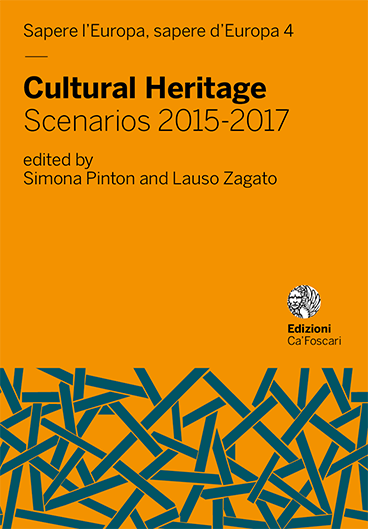- search 292 views
- file_download 8 download
- keyboard_capslock metadata
-
mark_email_readIscriviti alla newsletter
Public Grants to Implement Public Folklore for Tourists?
abstract
In the last twenty years, a policy of institutional sponsorship in Abruzzo (Central Italy) has been financing new bombastic and commercial displays of public folklore, without clear principles regarding folklore in Abruzzo as a whole. In fact, institutions do not promote sponsorships with specific objectives such as ethical or environmental protection or social inclusion. As a result, sponsorships are awarded without any consistency, but simply because local tradition and public entertainment attract tourists. Of course, this local and institutional public folklore experience has now encouraged folk tradition’s old romantic metaphor of being an unchangeable, organic and inviolable body, which has become a defence mechanism against cultural creativity and diversity. Therefore, in 2015 the author, together with other scholars, requested an ICH regional law with a regional ICH register and ethical guidelines for communities and operators. To date (2017) the law is not yet in force and local communities are still left with uncoordinated public folklore experiences, which in some cases is of course ethical and sustainable. This feedback from the region demonstrates that policy-makers should not hesitate to finalize grants and awards that enable the alignment of public folklore with ICH ethics. Today, more than ever, scholars, stake-holders, cultural brokers and institutions should work together to facilitate the social use of ethnography, which is the primary objective of scientific reflection on cultural diversity and folklore.
Keywords: ICH • Regional law • Local communities • Folklore
permalink: http://doi.org/10.14277/6969-052-5/SE-4-20
